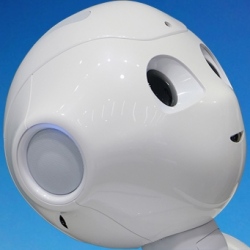
After listening to the patient’s symptoms, "he" provides checklists for the patient and medical advice based on the results. Then the therapy will be verified by human doctors. A China-made AI (Artificial Intelligence)-based software made its debut Saturday at a seminar held in Hengyang City, central China’s Hunan Province.
The software consists of diagnostic models involving more than 30 diseases, such as Tuberculosis and depression, which are likely to be misdiagnosed.
Based on trial tests in several hospitals, the AI "doctor’s" successful diagnosis rate is 20 percent higher than human doctors.
The self-learning AI "doctor" can constantly learn medical knowledge, experience and diagnosis process. It has a big database consisting of tens of millions of clinical cases.
"It is designed to be a general practitioner. Every one or two weeks, it can learn diagnosing a new disease," said Peng Shaoliang, deputy director with National Supercomputing Center in Changsha.
"The AI doctor will assist human doctors rather than replace them. For China’s medical institutions especially those in poor areas, AI would be a good assistant," said Kang Xixiong, director with clinical laboratory diagnostics department, Capital Medical University.
The software was developed by a group of Chinese institutes, universities and enterprises. In recent years, many companies in the world such as Google, Microsoft and Alibaba also started to tap into the AI-powered medical care market.
